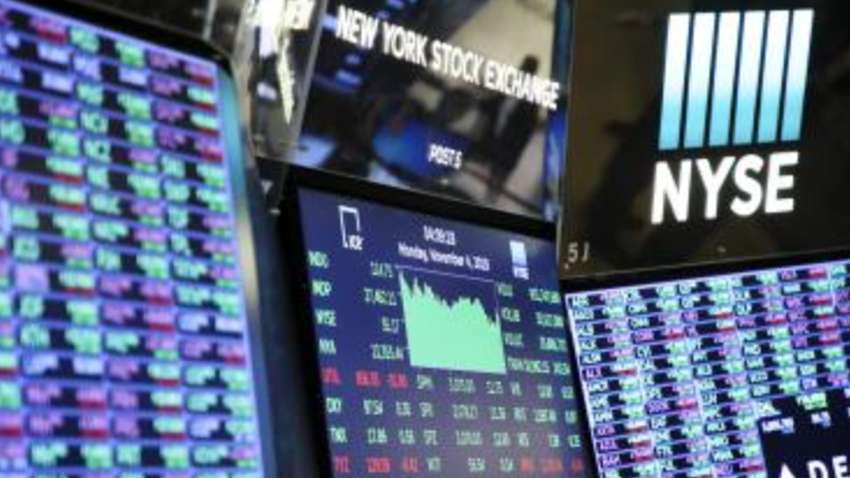NEW YORK: US stocks managed to secure weekly gains after wild trading as investors cautiously eyed the soaring number of coronavirus infections in the country while weighing its impact on an economic recovery.
For the week ending Friday, the Dow rose 1 per cent, the S&P 500 climbed 1.8 per cent and the Nasdaq advanced 4 per cent, Xinhua news agency reported.
The S&P US Listed China 50 index, which is designed to track the performance of the 50 largest Chinese companies listed on US exchanges by total market cap, logged a weekly rise of 6 percent.
“The overarching takeaway is that the stock market almost always moves well in advance of an economic and earnings recovery,” Mitch Zacks, CEO at Zacks Investment Management, said in a note on Saturday, while commenting on a seeming disconnection between a weak economic recovery and a strong stock market in the United States.
“The economic picture in the US remains mixed and in flux,” analysts at the firm said in a separate research note Saturday, citing the fact that “as of the end of the second quarter, over 40 per cent of the US had reversed reopening plans or placed them on hold, and cases continue to grow at a rapid pace.”
The United States set a fresh daily record for COVID-19 infections on Thursday with a tally exceeding 63,200 cases, and the country’s seven-day average now stands at more than 53,000 cases, according to CNBC.
More than 3.2 million confirmed COVID-19 cases have been reported in the United States, with over 134,000 deaths, as of Saturday afternoon, showed data from the Center for Systems Science and Engineering at Johns Hopkins University.
Wall Street also digested a slew of newly-released economic data.
US initial jobless claims, a rough way to measure layoffs, registered 1.314 million in the week ending July 4, following a revised 1.413 million in the previous week, as the pandemic continues to weigh on the labor market, the Department of Labor reported Thursday.
Economic activity in the US non-manufacturing sector grew in June after two consecutive months of contraction, the Institute for Supply Management (ISM) reported on Monday.
The ISM non-manufacturing index registered 57.1 per cent, 11.7 percentage points higher than the May reading of 45.4 per cent, topping market consensus.







